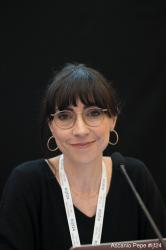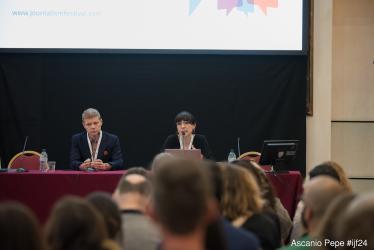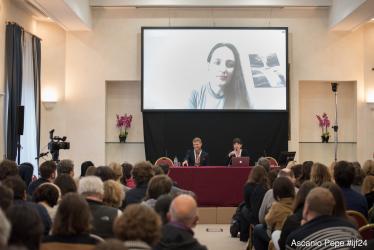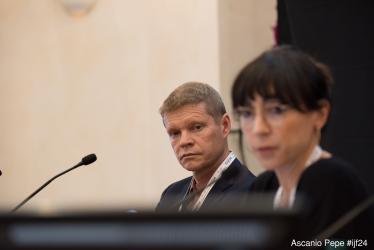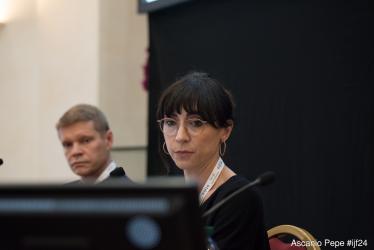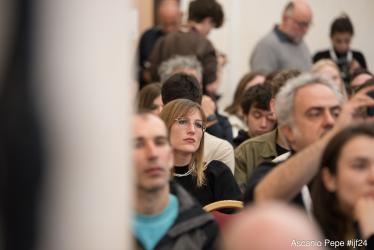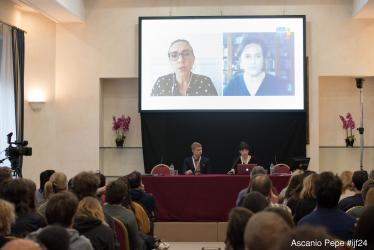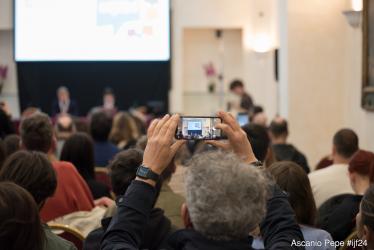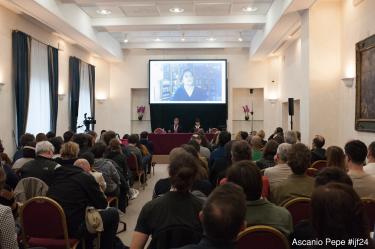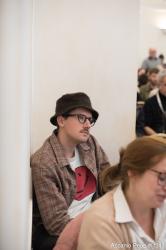Vladimir Putin will take office in the Kremlin, inaugurating his fifth term as president of the Russian Federation. After the reform of the Constitution, he can remain as of Head of State until at least 2036. The former KGB agent has led the country, almost without interruption, for almost a quarter of a century. Even if from the outside it seems that we have been dealing with the same ruling class for decades, Russia has changed prodoundly, especially with the start of this war phase. A central element of propaganda has become traditional values, on which Moscow's alleged superiority over the morally corrupt West is based. But the rhetoric of Russia, champion of traditional values, has no counterpart in the real lives of people and is mostly used, internally, as a tool to repress dissent, and externally, as a platform on which to weave alliances around the world with conservative forces.
How has the nature of Putin's power evolved? What will be the focus of the new president's mandate? We will answer these and other questions about the future of Russia and its possible relations with the West with two witnesses and at the same time direct victims of Putin's policies: Evgenya Kara-Murza, director of the Free Russia Foundation, with her husband Vladimir Kara-Murza, now among the most well-known political prisoners in Russia, engaged in the defense of human rights and in favor of democracy; Elena Kostyuchenko, former correspondent of Novaya Gazeta, the newspaper edited by Nobel Prize winner Dmitry Muratov and on which Anna Politkovskaya wrote, now a contributor to Meduza, the largest independent Russian media outlet declared a 'foreign agent' by the Russian authorities. Kostyuchenko, author of the book "My Russia. Story of a Lost Country" (2023), has recounted being poisoned while in Germany last October; Alexander Baunov is currently a researcher in international politics and modern history at the Carnegie Center in Berlin for the Study of Russia and Eurasia, having previously worked at the Carnegie Center in Moscow. Designated by Moscow authorities as a "foreign agent," he is one of the most famous and followed Russian political analysts, as well as the author of the bestseller in Russia, 'The End of a Regime: How Three European Dictatorships Ended'."
Introducing and moderating is Marta Allevato, a journalist with the AGI agency and former correspondent from Moscow.



